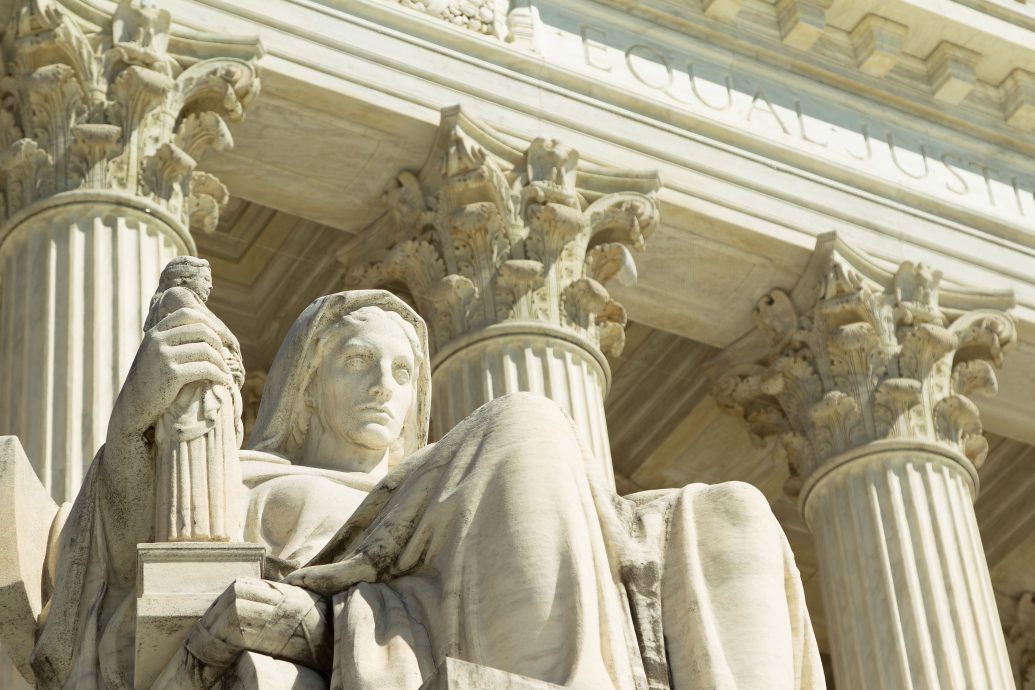Originalism: Surrebutter
Roger Pilon defends originalism by arguing that the alternative is unfettered law-making from the bench. Either the Founders’ Constitution or mere anarchy. But those are not the choices, and Roger wins no arguments when he attacks straw men.
Rather, the choice is between sola scriptura and the adherence to a constitution as interpreted by jurists over the centuries. Such interpretations might be colored by an understanding of the principles of good government not explicitly derived from the words of the Constitution or the beliefs of the Framers. If a court so rules, are its decisions worthy of respect as proper precedents? I say yes. Roger says no.
I gave one example of this in the Privy Council’s Parsons decision. While there was some ambiguity in the 1867 British North American Act, the Court’s ruling revealed a distinct preference for Canadian federalism. The decision was inconsistent with the BNA Act’s “structure and background theory,” Roger’s criterion for originalism, yet it remains a precedent still adhered to by Canadian courts. (Counsel for the provinces included one Judah P. Benjamin, of whom it is said that he proposed a states’ rights doctrine in two countries, failed in the first and succeeded in the second.)
But that’s another country, and Roger is an American Exceptionalist. “An additional reason to be an originalist in America,” he says, “is because the Framers, especially the Reconstruction Framers, got it basically right.” The Reconstruction Amendments did indeed correct a great injustice, but it was one found in the Framers’ constitution. You might not like the Dred Scott decision, but Taney thought he was being an originalist and he brought a majority of the Court along with him. If you pay attention to the beliefs of the Framers, moreover, you would have to concede that southern states had the right of secession in 1860-61.
My broader point was that applying originalism in one country but not another is a non-starter, and so is applying originalism at one time but not another. It’s a canon of interpretation, like the eiusdem generis principle, which as an abstract rule of reason does not permit one to pick and choose where and when to apply it. Let politicians do that. Not lawyers.
One thing the American originalist might profitably learn from the constitutions of other countries is the need to pay attention to the beliefs of the Framers, and not simply the words of the document. That’s what’s necessary when seeking to understand the BNA Act. The words of the text describe an absolute monarchy; the intent was Walter Bagehot’s “efficient secret” of a parliamentary democracy. Would the American originalist want Queen Elizabeth to rule Canada the way Charles I ruled Britain?
The American originalist is resolutely uninterested in other countries, however, even those that are just as free and committed to the rule of law. That’s a weakness in their case. It opens them up to the charge that they’re simply right-wingers.
Not that there’s anything wrong with that.

